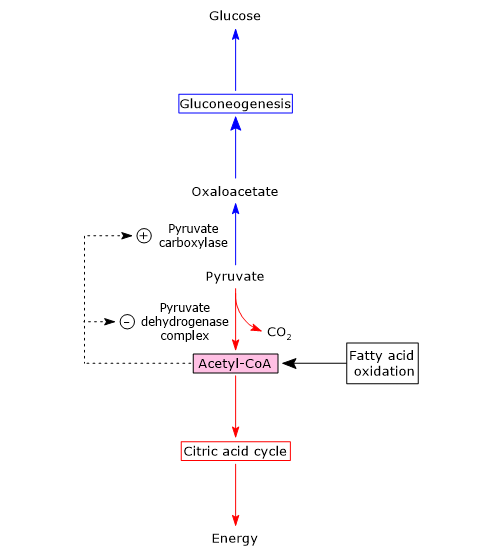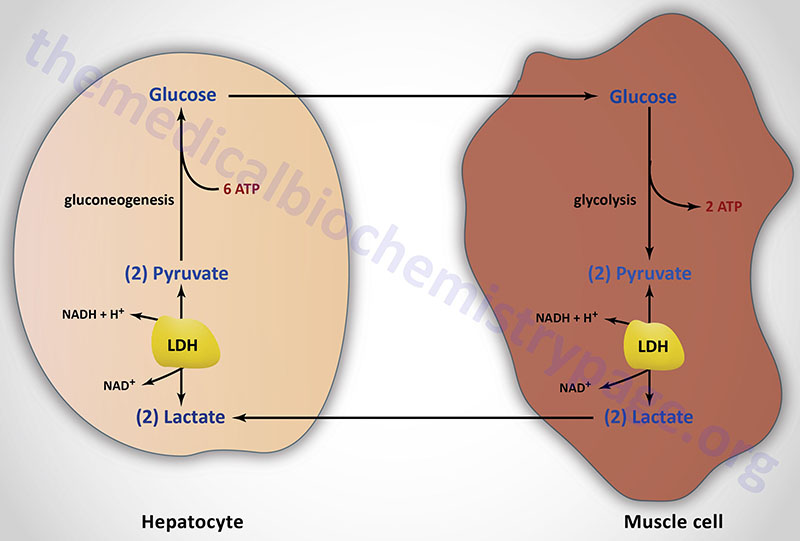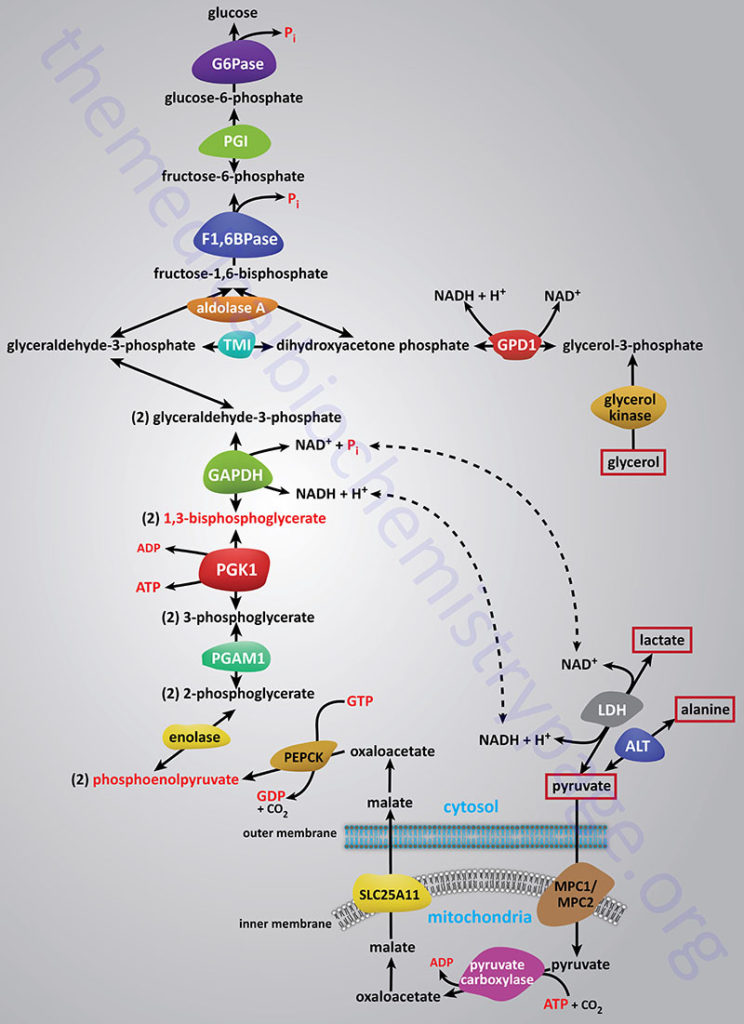Gluconeogenesis Is a Term That Describes the Synthesis of:
Cortisol is what causes the process of gluconeogenesis to take place. Asked Jul 14 2017 in Nutritional Science by Jennifer.

Gluconeogenesis An Overview Sciencedirect Topics
Gluconeogenesis is the synthesis of glucose molecules from pyruvate and other metabolic intermediates.

. What is gluconeogenesis - physiological function key enzymes substrates. Examples of non carbohydrate sources are amino acids and glycerol. Gluconeogenesis is process that generates the glucose which is stored in the body.
Gluconeogenesis is a term that describes the synthesis of a. 071 pts Incorrect Question 3 Gluconeogenesis is a term that describes the synthesis of lactose from a source of sucrose. Gluconeogenesis is a metabolic pathway that results in the generation of glucose from certain non-carbohydrate carbon substrates.
It is a ubiquitous process present in plants animals fungi bacteria and other microorganisms. Cortisol is what causes the process of gluconeogenesis to take place. Fat from excess carbohydrate intake.
Gluconeogenesis is a term that describes the synthesis of. Sometimes gluconeogenesis also refers to the Endogenous glucose pathway as it needs energy input. Amino acids from glucose.
Glucose from a noncarbohydrate substance. 071 pts Incorrect Question 3 Gluconeogenesis is a term that describes the synthesis of lactose from a source of sucrose. Primary gluconeogenic precursors are lactate glycerol and the carbon skeletons of the amino acids - alanine and glutamine.
Amino acids from glucose. Fat from excess carbohydrate intake. When carbohydrate substrates are not sufficiently available as in starvation or when they are of great demand as in intense physical exertion gluconeogenesis generates glucose from substances other than carbohydrates which are.
It is one of two primary mechanisms the. Amino acids from glucose. Lactose from a source of sucrose.
So the answer View the full answer Transcribed image text. 1 gluconeogenesis is the synthesis of glucose from other molecules like pyruvate oxaloacetate amino acids etc. Glucose from a protein.
Fat from excess carbohydrate intake. In vertebrates gluconeogenesis occurs mainly in the liver and to a lesser extent in the cortex of the kidneys. Gluconeogenesis describes the synthesis of glucose or glycogen from substances which are not carbohydrates.
A amino acids from glucose B lactose from a source of sucrose C fat from excess carbohydrate intake D glucose from a noncarbohydrate substance Answer. Gluconeogenesis is a term that describes the synthesis of glucose that come from substances that are not carbohydrates. It refers to the metabolic pathway synthesising new glucose molecules from the non-glucose substrates like lactate and TCA intermediates.
Lactose from a source of sucrose. GNG is an acronym for the term gluconeogenesis. Glucose from a noncarbohydrate substance.
Fat from excess carbohydrate intake. Amino acids from glucose. Gluconeogenesis is a term that describes the synthesis of glucose from endogenous noncarbohydrate substrates.
Gluconeogenesis is the synthesis of glucose molecules from pyruvate and other metabolic intermediates. Gluconeogenesis is a term that describes the synthesis of which of the following molecules.

Gluconeogenesis Endogenous Glucose Synthesis The Medical Biochemistry Page

Gluconeogenesis Steps Enzymes Regulation Tuscany Diet

Gluconeogenesis Endogenous Glucose Synthesis The Medical Biochemistry Page
Comments
Post a Comment